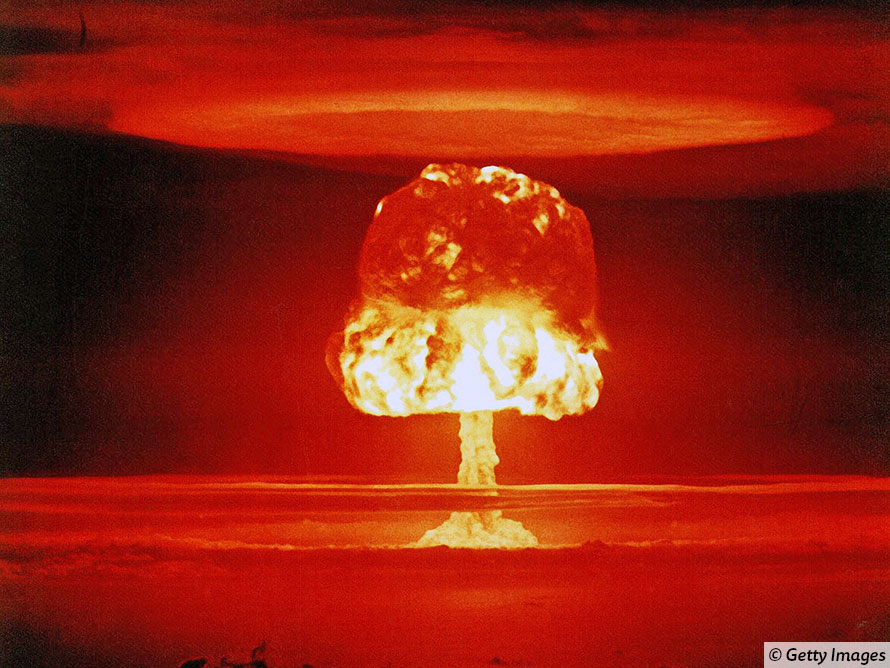Is this too optimistic? As Iran plots revenge for an Israeli attack, there are growing fears that the conflict in the Middle East could escalate.
Five reasons why it’s NOT going to be WW3
 Braced: Iran promised revenge after an Israeli strike in Damascus killed senior generals.
Braced: Iran promised revenge after an Israeli strike in Damascus killed senior generals. 